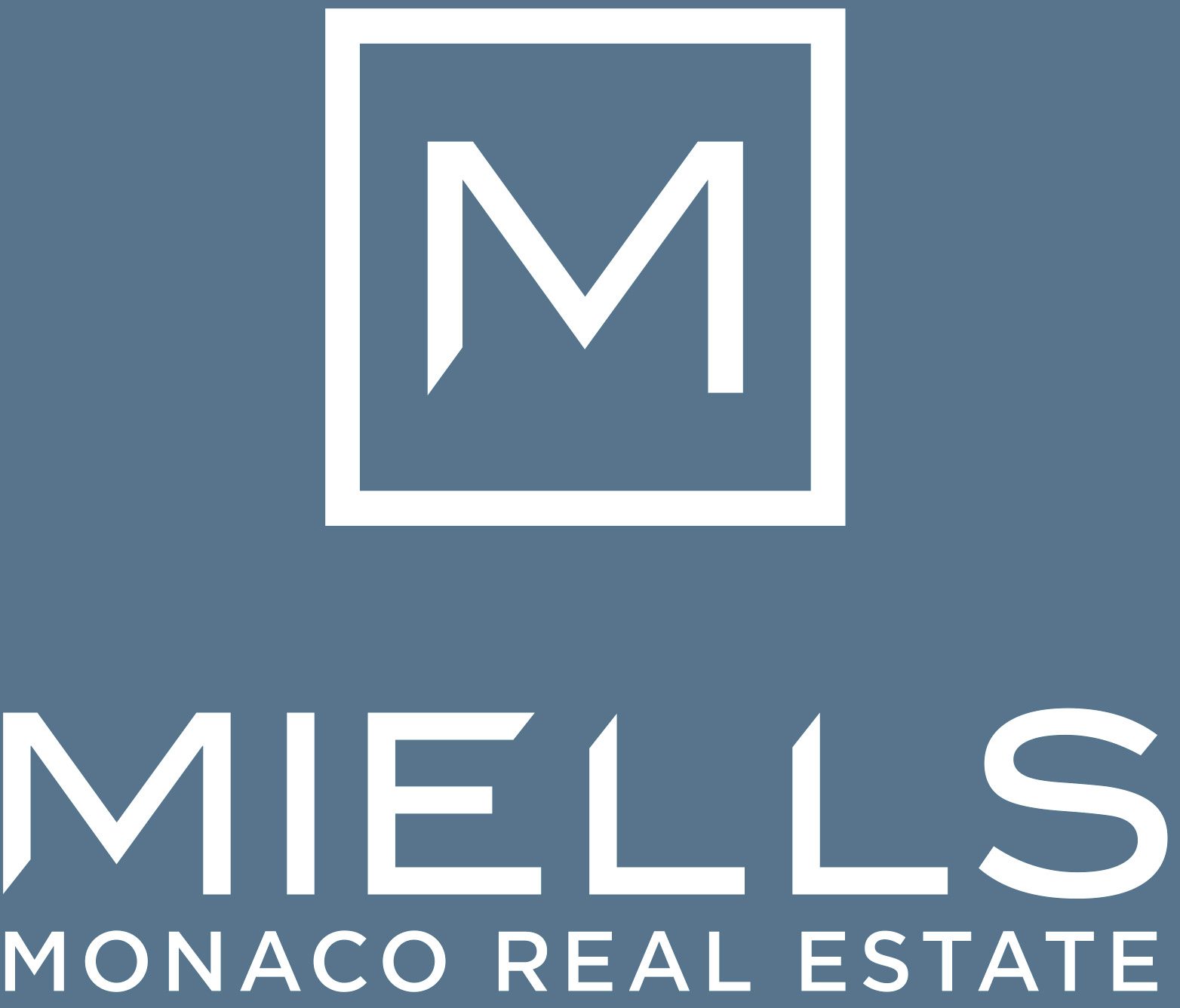When you make a real estate investment in Monaco, you don’t just buy property. You gain entry to a life in a country with a privileged climate, the lowest crime rate in the world, excellent healthcare and education systems and a rich calendar of events.
Known for its Mediterranean charm, Monaco attracts high-net-worth individuals who seek not only a stable investment but also a residence in one of the most secure and prestigious locations in the world.
Why Monaco Real Estate?
Monaco is synonymous with luxury, security, and tax advantages. These features, coupled with its limited land area, make real estate in the Principality one of the most sought-after investments globally. Here’s what makes Monaco unique:
A Privileged Lifestyle
Monaco offers a lifestyle like no other. With 300 days of sunshine a year, the Mediterranean Sea at your doorstep, and access to world-class cultural, sporting, and social events, the Principality is more than just a financial hub—it’s a haven for the elite. Monaco is home to Michelin-starred restaurants, luxury boutiques, and a vibrant arts scene, making it a perfect blend of elegance and opportunity.


Tax Advantages
A favorable tax regime
One of Monaco’s main attractions is its favorable tax system :
- Monaco residents pay no income tax. The only exceptions are French nationals who became residents of Monaco after January 1957 and must pay tax in France, as well as U.S. nationals, who are subject to worldwide taxation by the United States.
- Monaco residents are not subject to capital gains tax or wealth tax.
- There is no direct tax on businesses unless they generate more than 25% of their turnover outside Monaco or earn revenues from patents or literary/artistic property rights. In these cases, a tax representing 33.33 % of profits is levied.
- Inheritance and transfer tax are levied on assets in Monaco but not elsewhere. No tax is due if Monaco-based assets are bequeathed to the children or spouse of the deceased person.
Stability of the Real Estate Market
Monaco’s real estate market is incredibly resilient, even during periods of global economic uncertainty. Thanks to the limited availability of properties and the ever-increasing demand, property prices in Monaco continue to rise steadily.

The Process of Buying Property in Monaco
Unlike in many countries, purchasing property in Monaco is straightforward and open to all nationalities. In fact, owning or renting property in the Principality is key to obtaining a resident’s permit.
Miells Christie’s International Real Estate has long established its credibility and expertise on the Monaco real estate market. We can advise you on the locations that best suit your needs, identify the best market opportunities and organise visits. Some of the most popular districts include :
- Carré d’Or : A symbol of opulence, featuring luxury boutiques and world-class dining near the famous Casino de Monte-Carlo.
- Fontvieille : A tranquil residential area with a modern marina and scenic views.
- Larvotto : Known for its beachside properties and exceptional amenities.
- Jardin Exotique : Offering panoramic views of the Mediterranean and a quieter environment.
Your choice will depend on your lifestyle preferences, whether you seek the bustle of Monte-Carlo or the calm of Fontvieille.
When you’ve decided on the property that’s right for you, we will accompany you through the buying process and put you in touch with one of Monaco’s three notaries. A notary is a public officer who acts on behalf of the State and authenticates documents with his/her seal and signature. Transactions in Monaco must be authenticated by a notary based in the Principality.
Here’s an overview of the steps involved :
Step 1: Making an Offer
Exceptional circumstances aside, purchase negotiations in Monaco begin with a detailed offer to purchase, drawn up by the real estate agent.
This offer letter includes a description of the property, the price offered and the terms and timing of the acquisition.
It also states how much the buyer will pay in notary legal fees and commission to the agent. Real estate agencies that are members of Monaco’s real estate chamber (Chambre Immobilière Monégasque) usually receive 3% of the sales price. The buyer will pay VAT of 20% on this 3% fee.
The offer is supported by a deposit, which usually represents 10% of the sale price. The deposit is only collected by the notary when (and if) the offer is accepted. It is made by a single cheque from a bank in the Principality of Monaco or a bank transfer when the offer is accepted.
Step 2: Preliminary Sale and Purchase Agreement
When the seller countersigns the purchase offer, he/she is bound to the terms stated, including a period of irrevocable commitment.
The terms and conditions to be included in the sales agreement are discussed with the notary and a completion date for the sale will be fixed. Any conditions that may allow the buyer to withdraw from the sale if they are not met within a certain timeframe are also described in the agreement.
Step 3: Finalizing the Purchase
The preliminary sale and purchase agreement is officially executed before the notary with a sales deed. At this point, the balance of the transaction is paid, as well as notary fees, stamp duty and agency commission.
When the deed of sale (acte de vente) is signed, the notary will transfer the funds and register the new owner at the registry of deeds. The deed of sale is legal proof of the sale and transfer of the property to the buyer from the seller. In other words, it establishes ownership of the property.
Costs and Taxes Associated with Buying
Aside from the purchase price, buyers should consider the following costs :
- Notary fees: 6,25% of the property value (comprising 1.5% notary fees and 4.75% registration duty) when the purchase is made in a personal name or through a Monaco-based SCI (Société Civile Immobilière).
- Agency fees : Usually 3% of the sale price, plus VAT at 20%.
- Stamp duties and registration fees: These are factored into the transaction and ensure the legal framework is upheld.
These expenses are essential for ensuring the legal security of your investment.
The Role of Notaries
Notaries in Monaco play a crucial role in every transaction. Acting as public officials, they authenticate documents, manage financial transfers, and ensure compliance with local regulations. Their impartiality guarantees that both buyer and seller are legally protected throughout the process.
Investment Opportunities and Trends
Monaco’s real estate market is experiencing unprecedented demand, particularly for high-end properties in prime locations. Developers cater to this market by offering luxury residences equipped with state-of-the-art amenities, such as private pools, gyms, and concierge services.
Properties in Monte-Carlo, Larvotto, and Carré d’Or consistently achieve record-breaking prices, with some transactions exceeding €50,000 per square meter. This trend underlines Monaco’s position as a safe, high-yield investment destination. The Mareterra district, Monaco’s ambitious land reclamation project, has further boosted the real estate market, introducing exclusive waterfront residences that are reshaping the landscape and driving significant economic growth in the property sector.
Monaco’s unique combination of lifestyle, tax benefits, and market stability makes it a prime choice for investors. Whether you plan to use the property as a residence or a rental investment, the returns are consistently strong.
Residency Benefits
Purchasing property in Monaco can also facilitate residency, which offers numerous advantages :
- Access to Monaco’s secure environment and high standard of living.
- Residency permits allow visa-free travel within the Schengen Zone.
- Access to exceptional healthcare and education systems.
Invest in Real Estate in Monaco
Investing in Monaco real estate is a strategic choice for those seeking stability, exclusivity, and a tax-efficient environment. Whether you are looking to secure a luxurious lifestyle or diversify your investment portfolio, Monaco offers unmatched opportunities.
To explore your options and navigate the buying process with confidence, contact Miells Christie’s International Real Estate, your trusted real estate expert in Monaco.
